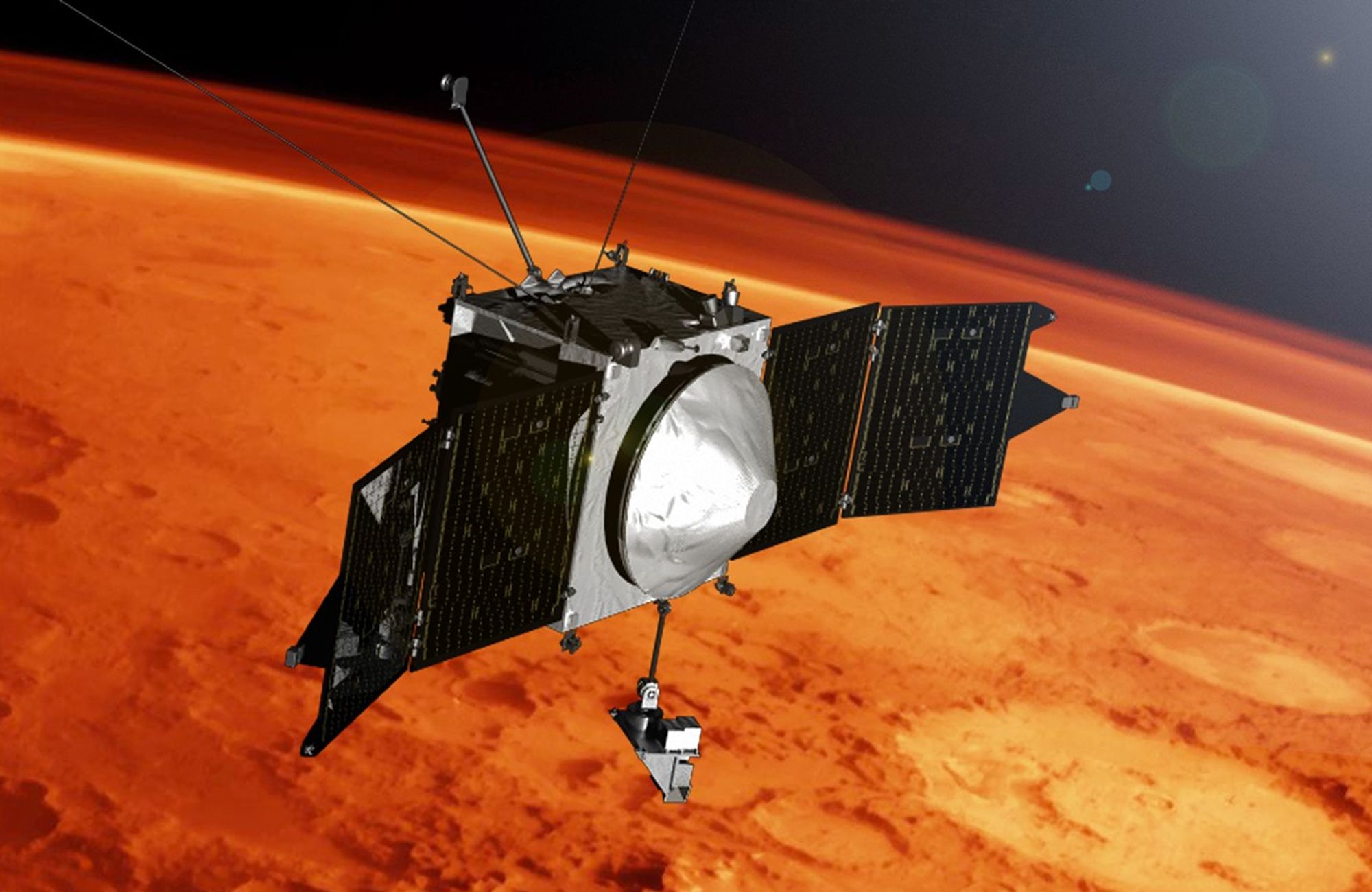The Trump administration"s proposed budget for 2026 is nothing short of an assault on science, threatening to cut NASA"s science funding by an astonishing 47%. This radical reduction could obliterate crucial missions and stifle America"s leadership in space exploration, while sending a clear signal that scientific inquiry is not a priority.
Planned Cuts to Mars Missions
According to a report by Science, the proposed budget would effectively end operations for vital spacecraft currently orbiting Mars, including the long-serving Mars Odyssey and the MAVEN mission, both of which have contributed invaluable data to our understanding of the Red Planet. Ending these missions is not merely a financial decision; it represents a profound disregard for the scientific advancements that have been achieved over decades.
Scientific Community"s Outcry
The backlash from the scientific community has been immediate and profound. Experts warn that these cuts could result in the loss of over 40 active and planned missions, jeopardizing years of research and thousands of discoveries. Former NASA science chief Alan Stern described the proposed budget as a “tragic mistake” that would hinder future exploration and leave the United States vulnerable to international competitors like China and Russia.

Nasa Washington
Growing Bipartisan Resistance
Despite the administration"s clear intention to cripple NASA science funding, significant opposition is mounting in Congress. Lawmakers from both parties are rallying together to push back against the proposed cuts. Recently, the Senate"s appropriations committee introduced a counteroffer that aims to preserve NASA"s current budget of $24.9 billion for 2026, emphasizing that maintaining scientific integrity should transcend partisan differences. This bipartisan coalition is a testament to the fundamental belief that investment in science is an investment in our future.
Impact on Future Missions
The proposed budget cuts could also jeopardize the ambitious Mars Sample Return mission, a flagship project that has sparked intense debate regarding its high costs. While funding has been prioritized for human spaceflight initiatives, the dismantling of existing science missions could undermine those very efforts. As reported by The Washington Post, shutting down communications from spacecraft already in orbit could lead to operational chaos and render crucial missions ineffective.

Mars - NASA Science
Consequences for Climate Research
In an era where climate change poses an existential threat, the implications of defunding NASA"s science programs are dire. The science developed through Mars missions plays a crucial role in understanding not only our solar system but also the broader implications of climate science. Dr. Thomas Zurbuchen, NASA’s associate administrator for science, has emphasized that cutting these missions could limit our ability to make informed decisions about Earth’s climate and future.
NASA"s exploration of Mars has always been about more than just the Red Planet; it"s about understanding our own Earth and the challenges we face. In this context, the proposed budget cuts signify a reckless abandonment of both scientific rigor and civil responsibility.
As the nation grapples with its priorities in space exploration, it is clear that the current administration is willing to sacrifice long-term scientific progress for short-term political gains. The outcry from scientists, lawmakers, and the public is a clarion call to protect our scientific endeavors and to ensure that the United States remains a leader in space.



![[Video] Gunfire between Iraqi security forces and Sadr militias in Baghdad](/_next/image?url=%2Fapi%2Fimage%2Fthumbnails%2Fthumbnail-1768343508874-4redb-thumbnail.jpg&w=3840&q=75)
